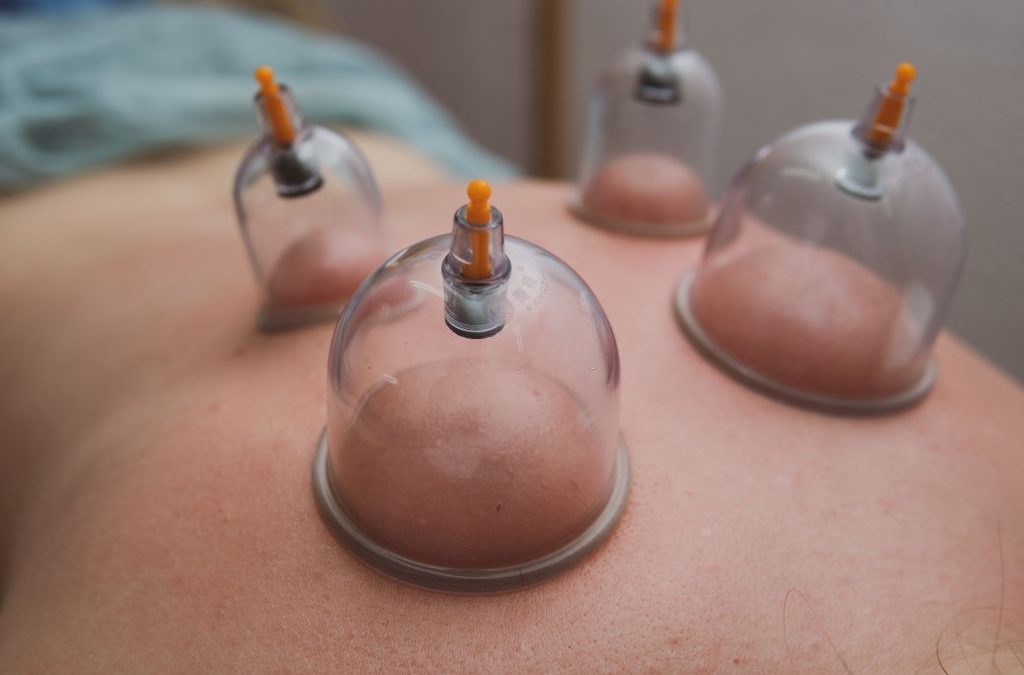In 2005, Health Minister Pascal Couchepin sparked outrage by removing homeopathy, phytotherapy, Chinese medicine, anthroposophic medicine, and neural therapy from basic insurance coverage.
His decision enhanced the number of people who signed the “Yes to Complementary Medicine” petition. It was launched in September 2004 and finished in a record-breaking year.
It demanded that “the Confederation and the cantons allow for the full consideration of complementary medicines, within the limitations of their respective competencies.”
However, during the legislative review, the concept of “full” deliberation was found excessive. A large majority of lawmakers, on the other hand, feel that complementary medicines should be better protected.
As a result, a direct counter-project in the form of a constitutional article has been developed. And it breezed through the upper house, where it was approved without resistance, and the lower house, where it was approved by a vote of 152 to 16, with 24 abstentions.
With the exception of the Democratic Union of the Center (UDC / conservative right), this document is backed by the administration and all government parties. It really gets the initiative’s wording down to one word: the only thing lacking is the concept of taking “full” account. The initiators withdrew their wording once they were satisfied.
However, they have not given up on their goal, which is the reinstatement of the five medical professions that were previously banned from the basic catalog in 2005.
The hue has already been declared by the committee in support of the counter-project. If the people vote yes on May 17, it implies that they will have to be compensated in the long run, as long as they are performed by doctors who have completed continuing education recognized by the Federation of Swiss Doctors (FMH).
Despite this, the counter-project makes no particular statements on the matter. Taking advantage of this leeway, Pascal Couchepin has previously stated that acceptance does not imply that these five drugs would be automatically reintegrated into basic insurance. The Minister of Health will like to see confirmation of adherence to the legal requirements first.
In fact, the debate revolves around the difficult task of evaluating this type of medicine. For example, the program (PEK) on which the 2005 ministerial decision was based has been questioned. In the case of the “yes” committee, it points to a Federal Court decision from 1997, which said that the efficacy could not be measured solely by natural science or academic medicine.
Another topic of contention is the issue of expenses. The Minister of Health and the counter-few project’s opponents worry that more widespread support for alternative medicine would raise basic insurance premiums.
Supporting figures, on the other hand, are a point of contention for their opponents. According to them, between 1999 and 2005, the inclusion of these five alternative professions in basic insurance resulted in a cost of 60 to 80 million francs, or a small portion of its expenditures.
They also point out that the additional subscriptions taken out by persons who use these drugs might generate insurers 250 million francs in a single year. This is 10 times the cost of basic insurance in this industry in 2004. (25 million).
Whereas the “yes” committee denounces discrimination against people who self-treat with homeopathy or Chinese medicine, their opponents invoke individual responsibility and the dangers of medical overuse.
“Those who simply use complementary medicines to treat themselves are a small minority. The majority of people combine these services with those provided by scientific medicine. The cost of a supplement, which ranges between 5 and 6 francs per month, is still affordable. In this sense, UDC deputy Dominique Baettig believes that the community should not be pushed to follow a non-scientific paradigm.
Opinions disagree on the true scope of a constitutional registration of alternative medicine, which requires a two-thirds yes from the people and cantons. Opponents argue that it is unnecessary since constitutional recognition will not free Parliament from establishing the parameters of application in legislation.
They also fear that funding for all types of unregulated and even exotic therapies will be available. Thérèse Meyer-Kaelin, a Christian Democrat (PDC, center right), challenged this reasoning.
“This clause of the Constitution does not exclude the benefits from the law’s requirement that they be reviewed for efficiency, economy, and appropriateness.” “This must allow for choice, but not to the point where services that do not fit these standards are reimbursed,” she emphasizes.
A constitutional provision, according to the “yes” committee, would better control the formation of national diplomas for non-physician therapists. There is currently some uncertainty in this area, which might compromise patient safety.

